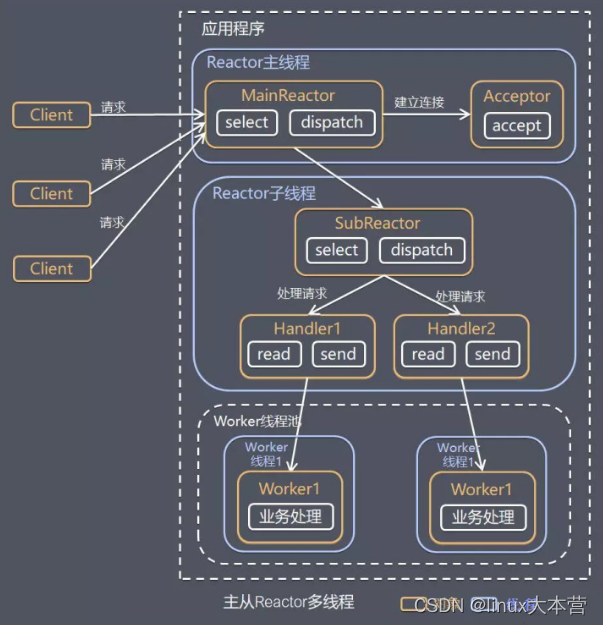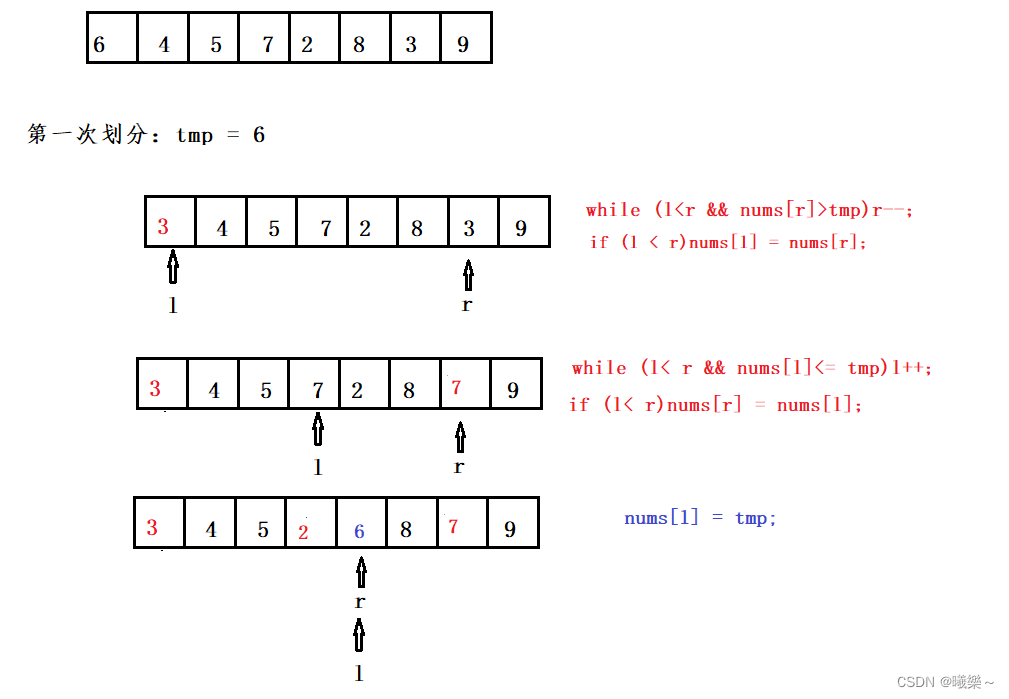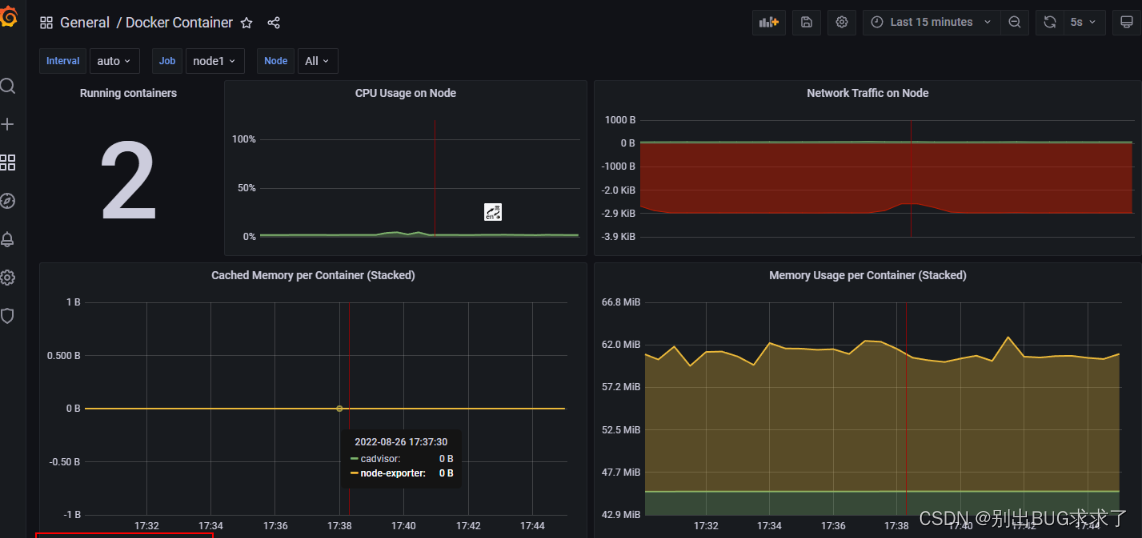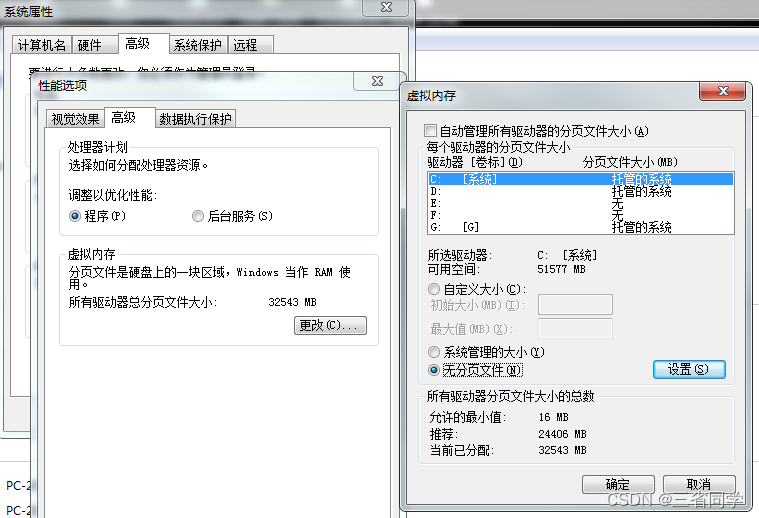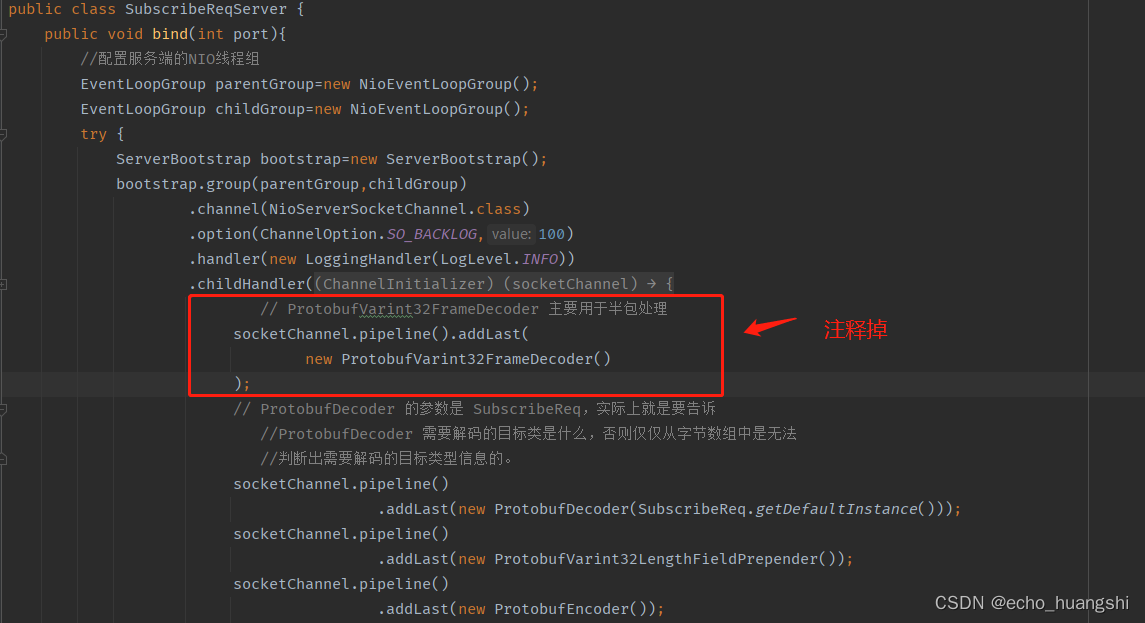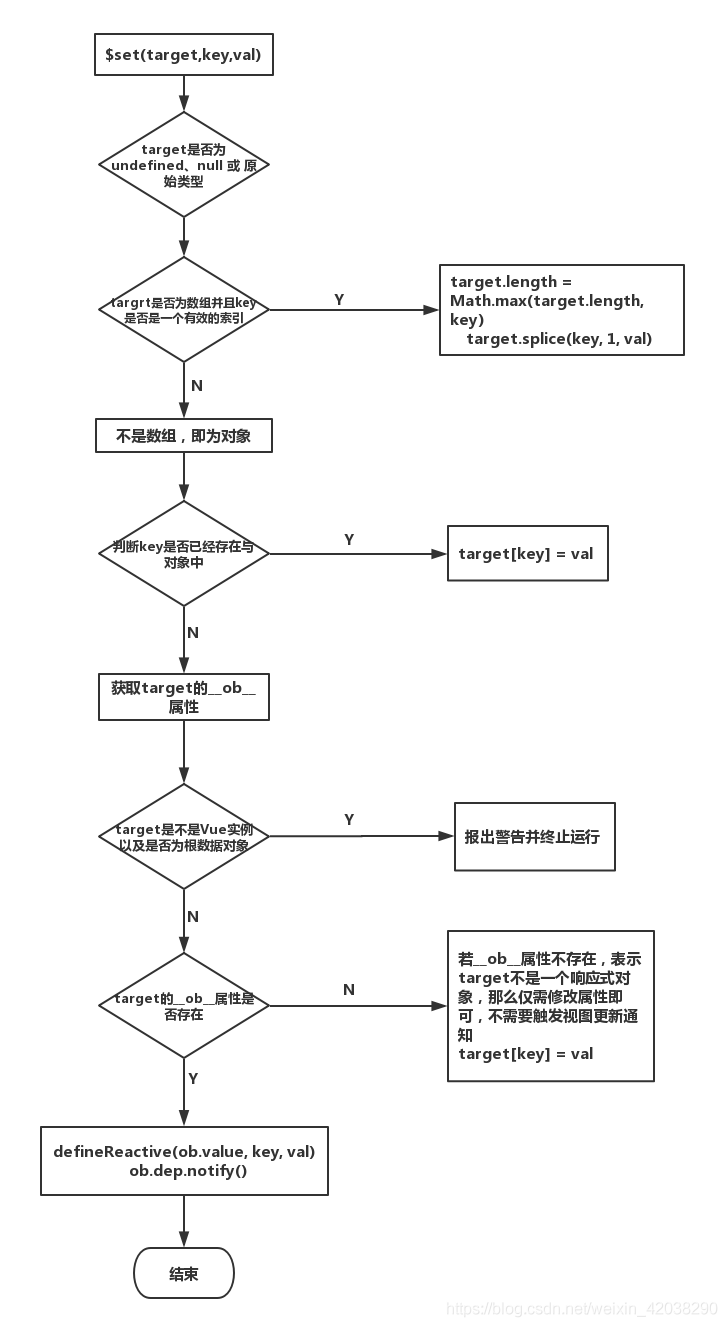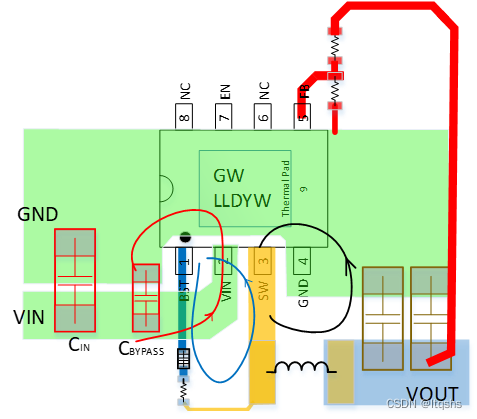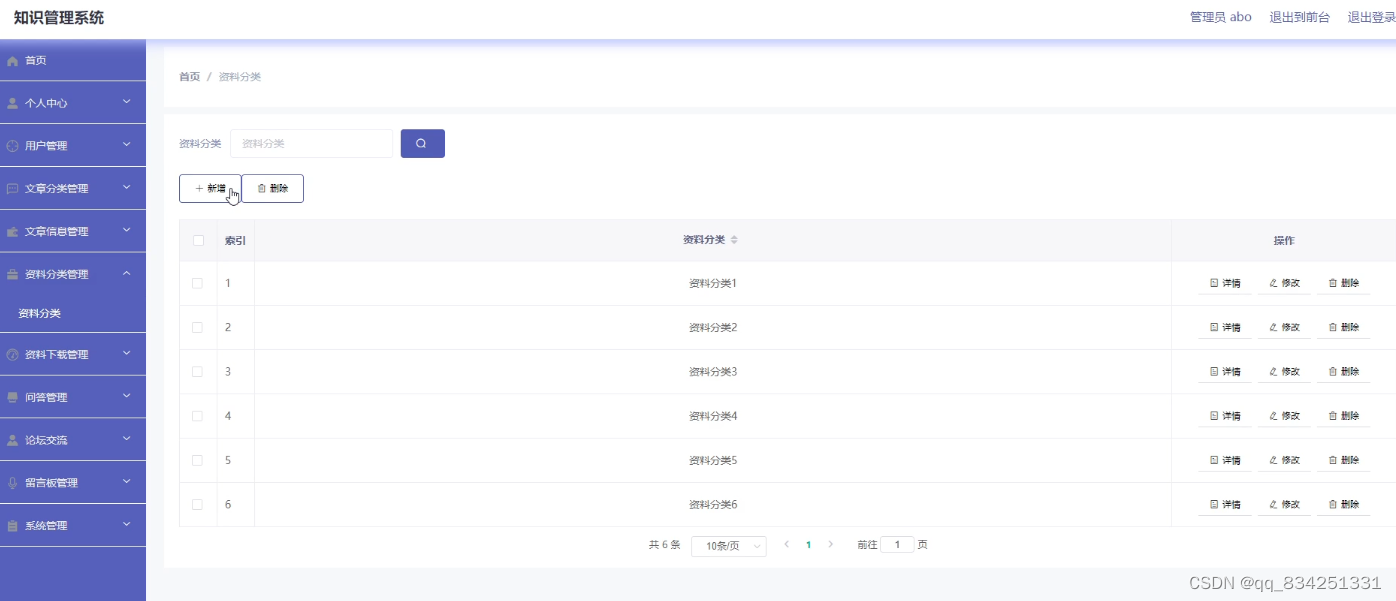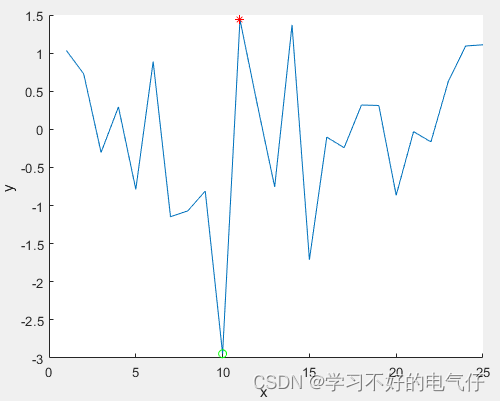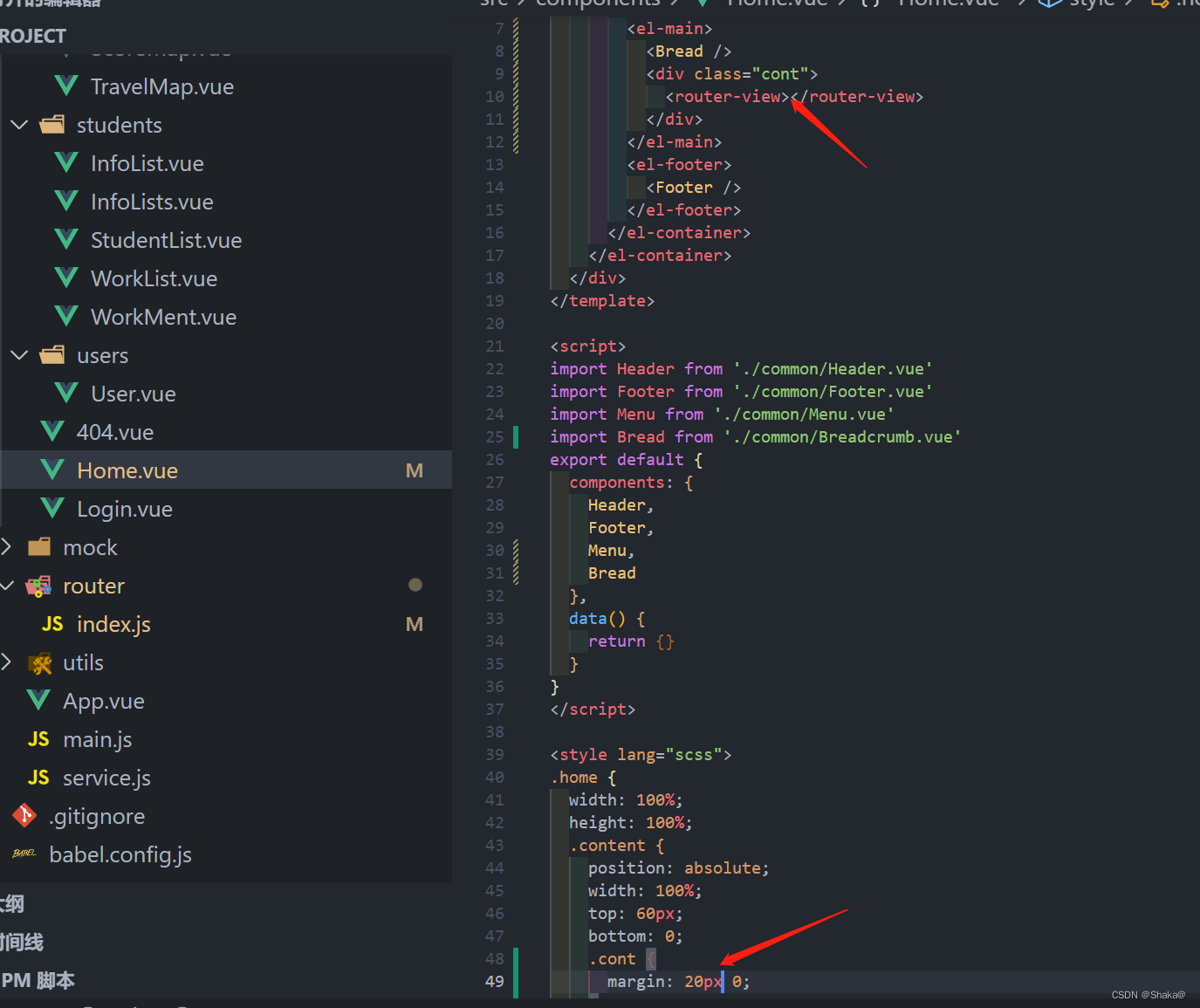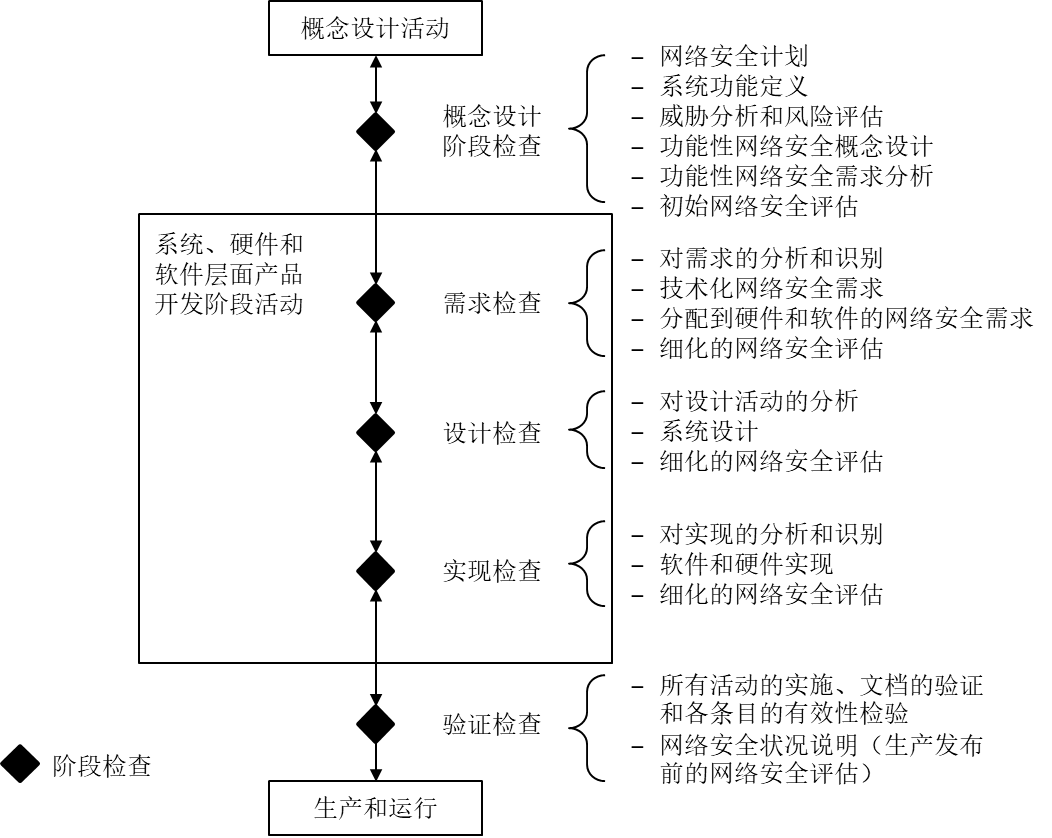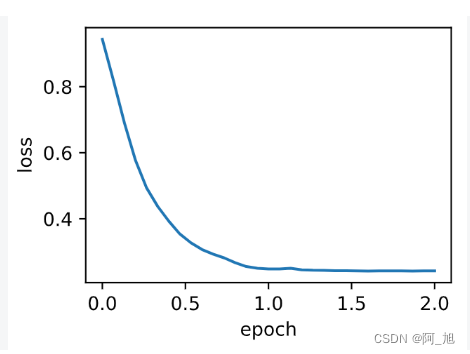题目:
将密码输入错误超过4次的IP地址通过firewalld防火墙阻止访问
1.初始配置
首先使用systemctl工具启用firewalld服务:
[root@localhost ~]# systemctl enable firewalld
如果已经启用了,我们现在可以通过执行以下命令启动firewalld:
[root@localhost ~]# systemctl start firewalld
且可以通过运行以下命令验证firewalld的状态并且以下输出确认了firewalld启动了并且在运行:
[root@localhost ~]# systemctl status firewalld

2.分析
1、需要知道ssh远程访问记录在哪个文件中/var/log/secure
2、模拟远程访问输错密码,查看日志文件:
cat /var/log/secure

3、了解firewalld添加富规则的知识:
[root@localhost ~]# firewall-cmd --permanent --add-rich-rule='rule family="ipv4" source address="192.168.210.133/24" service name="ssh" reject'
success
[root@localhost ~]# firewall-cmd --reload
success
[root@localhost ~]# firewall-cmd --list-all
public (active)
target: default
icmp-block-inversion: no
interfaces: ens160
sources:
services: cockpit dhcpv6-client ssh
ports:
protocols:
forward: no
masquerade: no
forward-ports:
source-ports:
icmp-blocks:
rich rules:
rule family="ipv4" source address="192.168.210.133/24" service name="ssh" reject
4、回到192.168.210.133上进行测试:
[root@localhost ~]# ssh root@192.168.210.128
ssh: connect to host 192.168.210.128 port 22: Connection refused
5、测试后将添加的富规则删除:
[root@localhost ~]# firewall-cmd --permanent --remove-rich-rule='rule family="ipv4" source address="192.168.210.133/24" service name="ssh" reject'
success
[root@localhost ~]# firewall-cmd --reload
success
[root@localhost ~]# firewall-cmd --list-all
public (active)
target: default
icmp-block-inversion: no
interfaces: ens160
sources:
services: cockpit dhcpv6-client ssh
ports:
protocols:
forward: no
masquerade: no
forward-ports:
source-ports:
icmp-blocks:
rich rules:
3.编写脚本
[root@localhost shell]# vim deny_ip.sh
#!/bin/bash
#*************************************************************
#Author:czc
#Date: 2023-01-09
#FileName: deny_ip.sh
#*************************************************************
serc_log=/avr/log/secure
ip_list=`awk '/Failed password/ {IP[$(NF-3)]++} END{for (k in IP){if (IP[k]>=4) {print k} }}' /var/log/secure`
for ip in `echo $ip_list`
do
denyed_ip=`firewall-cmd --list-all | awk -F'[= ]' '/rule family/ && $NF="reject" && $(NF-1)~/ssh/ {print $6}' | awk -F'["/]' '{print $2}'`
echo $denyed_ip | grep -q $ip
[ $? -ne 0 ] && firewall-cmd --permanent --add-rich-rule="rule family="ipv4" source address="$ip" service name="ssh" reject"
done
firewall-cmd --reload
[root@localhost shell]# chmod a+rx deny_ip.sh
4.测试
由于此时192.168.210.133只输错密码3次,因此执行脚本后,并未添加富规则。

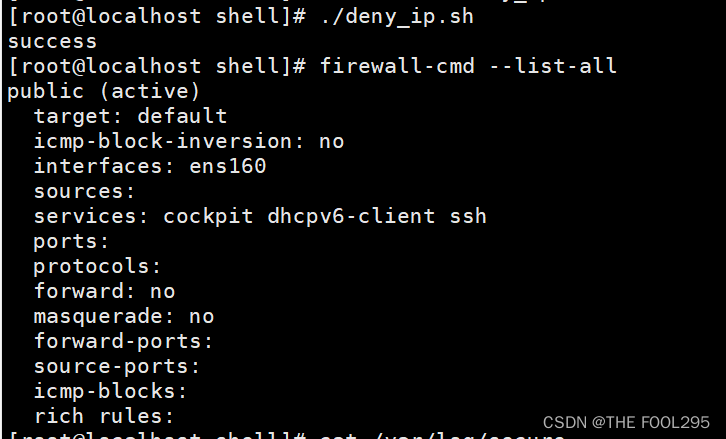
此时再到192.168.210.133上对本机进行访问,累计达到4次错误及以上:[root@localhost ~]# ssh
root@192.168.210.128
root@192.168.210.128's password:
Permission denied, please try again.
root@192.168.210.128's password:
Permission denied, please try again.
root@192.168.210.128's password:
可以看到现在的输入密码错误次数累计达到5次:
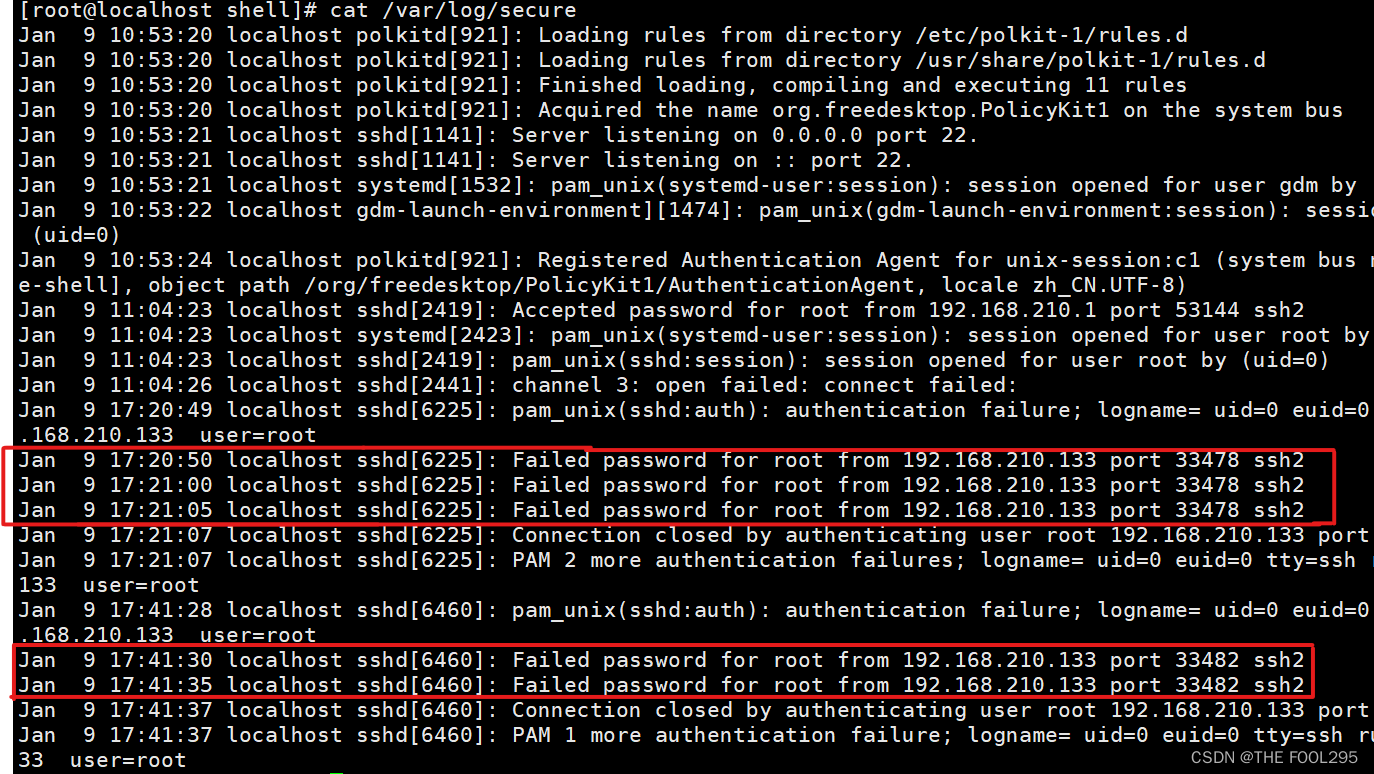
#此时在192.168.210.128上执行脚本
[root@localhost shell]# ./deny_ip.sh
success
success
[root@localhost shell]# firewall-cmd --list-all
public (active)
target: default
icmp-block-inversion: no
interfaces: ens160
sources:
services: cockpit dhcpv6-client ssh
ports:
protocols:
forward: no
masquerade: no
forward-ports:
source-ports:
icmp-blocks:
rich rules:
rule family="ipv4" source address="192.168.210.133" service name="ssh" reject
#再回到192.168.210.133上进行测试
[root@localhost ~]# ssh root@192.168.210.128
ssh: connect to host 192.168.210.128 port 22: Connection refused
至此,脚本的编写和测试就完成了。

